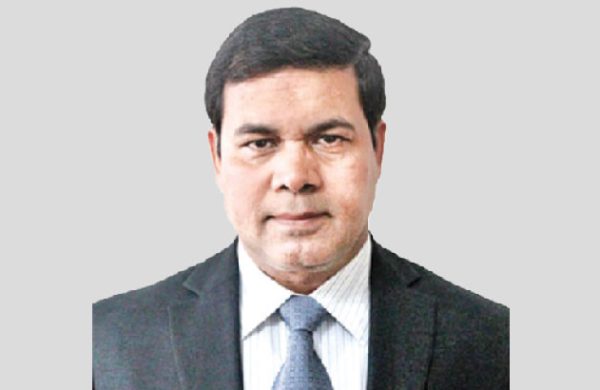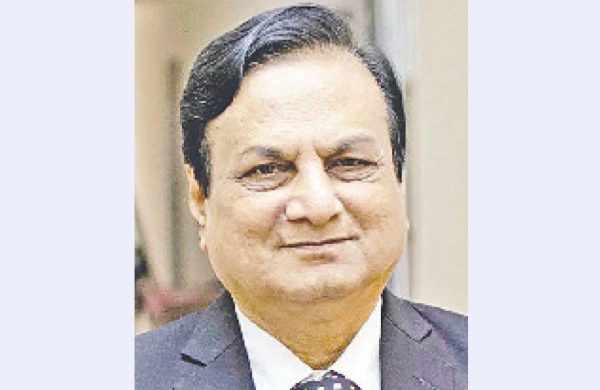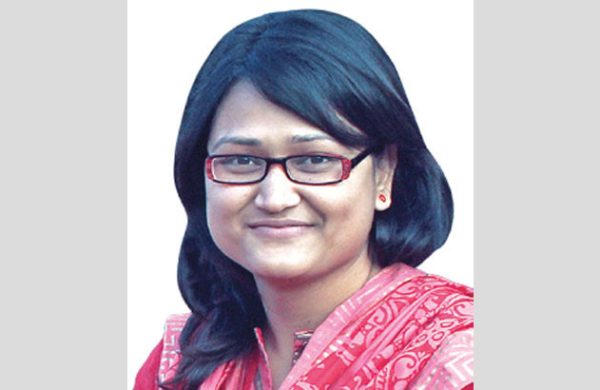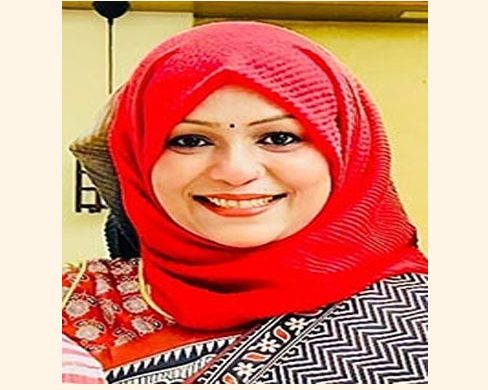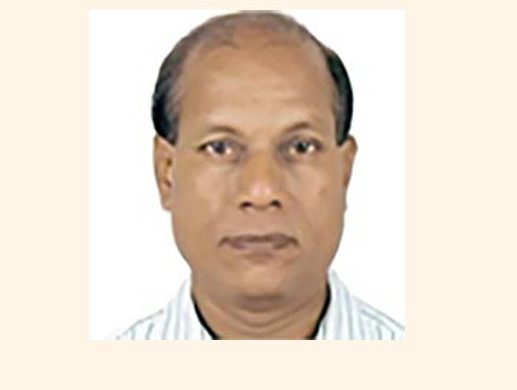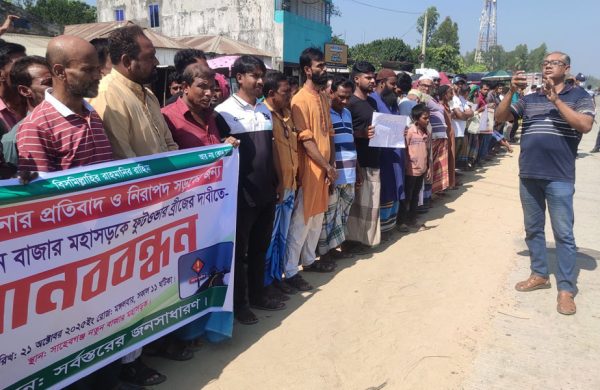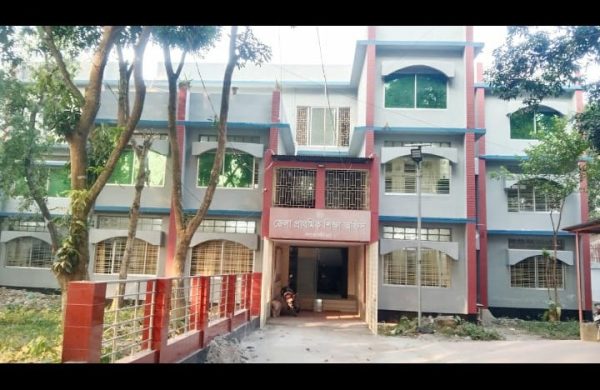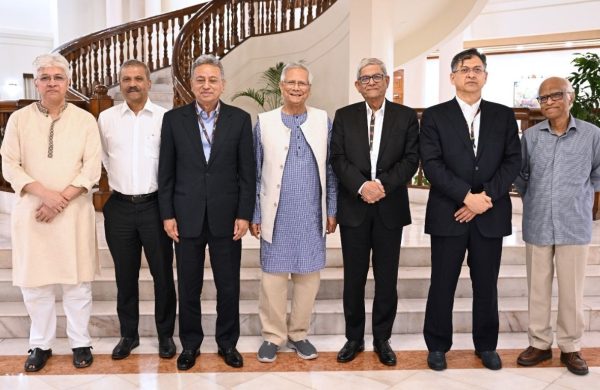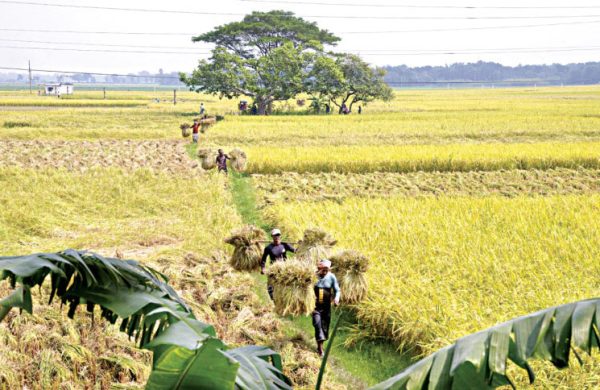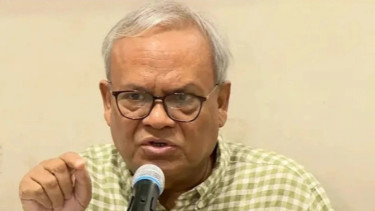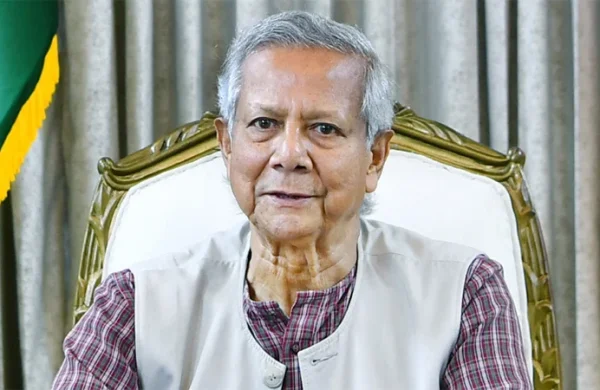The Second Independence of Bangladesh
- Update Time : Saturday, August 10, 2024
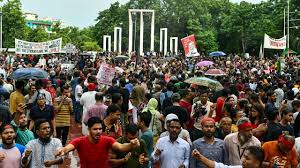
–Md. Shawkat Alam Faisal–
In a historic and turbulent period, the people of Bangladesh succeeded in deposing Sheikh Hasina, a leader who exercised power with an increasingly authoritarian grip. The large protests that began in mid-July 2024 compelled her to resign on 5 August, bringing an end to her lengthy administration. The protests broke out following a widespread dissatisfaction of students with an unfair quota system in government jobs, but they swiftly grew into a larger movement against Hasina’s dictatorial rule. Citizens from all around the country, fed up with corruption, economic mismanagement, and human rights violations, took to the streets in unprecedented unity. The government’s violent and intimidating tactics to crush these protests merely strengthened and reinforced the people’s resolve.
As the movement gained traction, it became evident that this was more than just a cry for reform; it was a demand for ending the dictatorship. Protests were known for their inclusion, attracting people from all walks of life such as students, activists and regular citizens. The rallying cry called for democracy, justice, and an end to Hasina’s harsh policies. Sheikh Hasina’s administration had long been chastised for its authoritarian policies, which included dissent repression, media control, and the use of security personnel to silence criticism. Over the years, rumors of enforced disappearances and extrajudicial killings had become disturbingly widespread, instilling terror throughout the country. However, the events of the last few weeks have proved that the spirit of the common people cannot be suppressed for long.
By early August, the situation had reached a critical point. Demonstrators packed the streets of Dhaka and other major cities, demanding Hasina and her government’s immediate resignation. Faced with a united and resolute public and losing support from important military and political partners, Hasina had no alternative but to resign. Her departure represented a win for the people and sent a clear message that dictatorship has no place in Bangladesh.
Bangladesh’s history is inextricably linked with the force of student movements, which have frequently served as catalysts for dramatic political changes. Students have been at the forefront of every major struggle, often bearing the brunt of state repression. They have played influential roles in the Language Movement of 1952, the Non-cooperation Movement of 1969, the Liberation War of 1971, the Anti-dictatorship Movement of 1990, the Quota Reform Movement of 2018, and finally in the Anti-discrimination Student Movement, or the Country Reform Movement of 2024. The recent removal of Sheikh Hasina (from her power) is another chapter in this lengthy history.
These movements have continually demonstrated that when students rise, they do so with the weight of history on their shoulders—no student protest in Bangladesh has ever been in vain. Their courage and resolve have frequently altered the political landscape, propelling the country toward greater liberty and democracy. This new success builds on the legacy of student action in Bangladesh, demonstrating once again that the collective voice of the youth can overthrow even the most established regimes, guaranteeing that their demands for justice and democracy are remembered throughout history.
As the light of freedom has appeared anew, many people are referring to this as Bangladesh’s “second independence.” This statement captures the significance of the recent events, which many perceive it as a return to the democratic values that the country battled for in 1971. Just as the original liberation war in 1971 was a fight against colonial and autocratic powers, the new rebellion is a fight against domestic tyranny, corruption, and authoritarianism that grew under Sheikh Hasina’s lengthy rule.
The term “second independence” strikes a deep chord with Bangladeshis, who have long felt the stifling effects of declining freedoms and human rights violations. The successful overthrow of an authoritarian rule by public uprising is viewed as a rebirth of the nation’s democratic spirit, a time in which the people regained control of their destiny. It is a striking reminder that Bangladesh’s sovereignty is not in the hands of a single leader, but in the collective will of its population, who have demonstrated yet again that they would rise to preserve their rights and freedom when necessary. This “second independence” is more than a political change; it is a resurgence of optimism and a reaffirmation of Bangladesh’s founding values.
As of August 8, 2024, an interim government is being formed with Muhammad Yunus as the chief adviser. The interim administration was sworn in at Bangabhaban, with a broad advisory council that embodies popular demands and ambitions, particularly those of the student-led movement. The composition demonstrates the interim government’s commitment to diversity and transparency as it guides the country toward free and fair elections. The new government’s principal goal is to stabilize the country, restore public trust in the democratic process, and ensure a smooth transition to an elected government. The world is watching as Bangladesh enters this vital era, with many hopeful that the interim administration would lead the way for a more democratic and just society.
After overthrowing an authoritarian government, Bangladeshis now have to undertake the tremendous challenge of rebuilding their country despite facing many calamities. The road ahead is beset with problems, but the same spirit that helped people in bringing down the autocratic system will inspire hope for a better future. The fall of Sheikh Hasina signifies not only the end of an era, but also the beginning of a new chapter in Bangladesh’s history—one in which true power rests with the people.
_____________________________________
The writer is an Apprentice Lawyer at Bangladesh Bar Council


